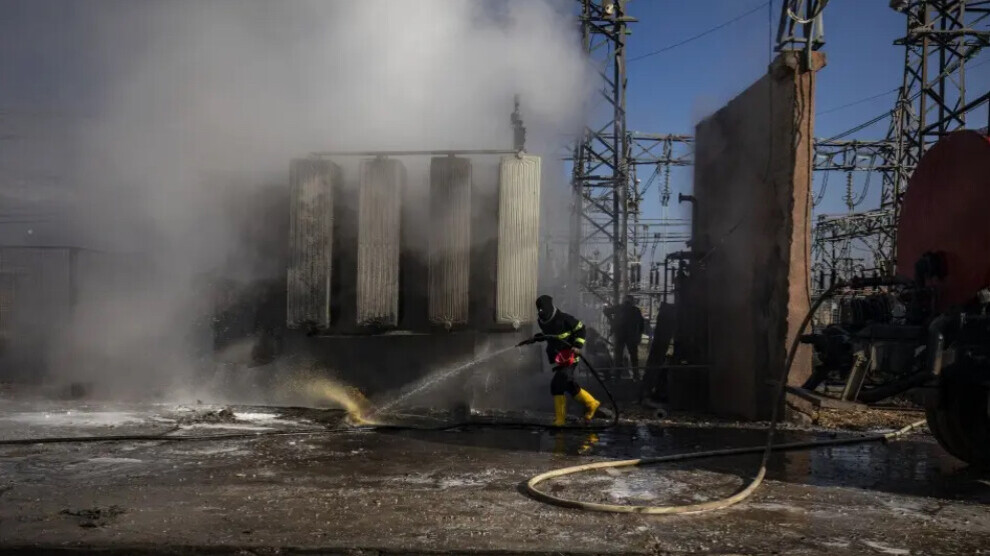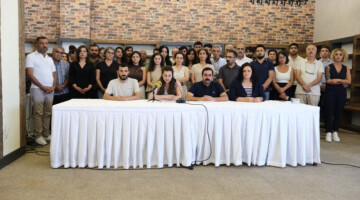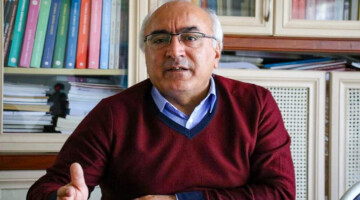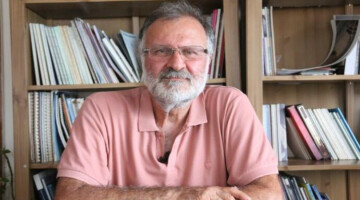As the world's attention remains fixed on the devastating conflict unfolding in Gaza, another crisis is intensifying under the radar in northeast Syria, reported the Human Rights Watch (HRW) and warned that Turkey’s airstrikes and drone attacks on critical civilian infrastructure in the region are putting livelihoods at risk and severing communities from electricity, medical care, and other essential services.
In late October 2023, Human Rights Watch reported that Turkish strikes on Kurdish-held areas of northeast Syria had resulted in water and electricity disruptions for millions of people. Back then, Turkish forces struck water and electrical power stations, oil installations, and the only operational gas plant for domestic use in all of northeast Syria.
In December and January, Turkey intensified its strikes to include medical facilities and crucial access roads used by humanitarian responders, according to the Northeast Syria (NES) NGO Forum, a coalition of international organizations operating in the area. HRW pointed out that: “Attacks which cause disproportionate damage to civilians and civilian objects are prohibited under international humanitarian law, and deliberate targeting of civilian infrastructure is a war crime. The repeated strikes on civilian infrastructure have left many essential facilities in ruins, rendering hospitals, bakeries, and water facilities inoperable. Fuel, needed for cooking, heating, and farming, is running out.”
On January 29, the NES NGO forum said that 1 million people in cities and villages had been cut off from electricity, and over 2 million people had limited access to safe water. Damage to medical facilities targeted in December has disrupted the oxygen supply to more than a dozen private and public hospitals, and strikes on 28 health facilities have disrupted their services, increasing the risk of water-borne diseases. The forum warned that the “scale of damage far supersedes the humanitarian community’s capacity to sustain emergency life-saving service provision.”
HRW noted that Turkey has, for years, carried out military operations and airstrikes in northern Syria with the stated aim of targeting the Syrian Kurdish armed group, the People’s Protections Unit (YPG). Turkey views the YPG as an extension of the Kurdistan Workers' Party (PKK), an armed group based in Turkey and Iraq, which it considers a terrorist organization.
“As the crisis in Northeast Syria escalates, action is needed to mitigate the humanitarian impacts on the civilian population. Turkey should immediately stop targeting critical civilian infrastructure, respect international humanitarian law and hold to account those responsible for serious violations. All countries need to address the plight of the region's populace even if other conflicts are dominating the headlines,” HRW stated.














